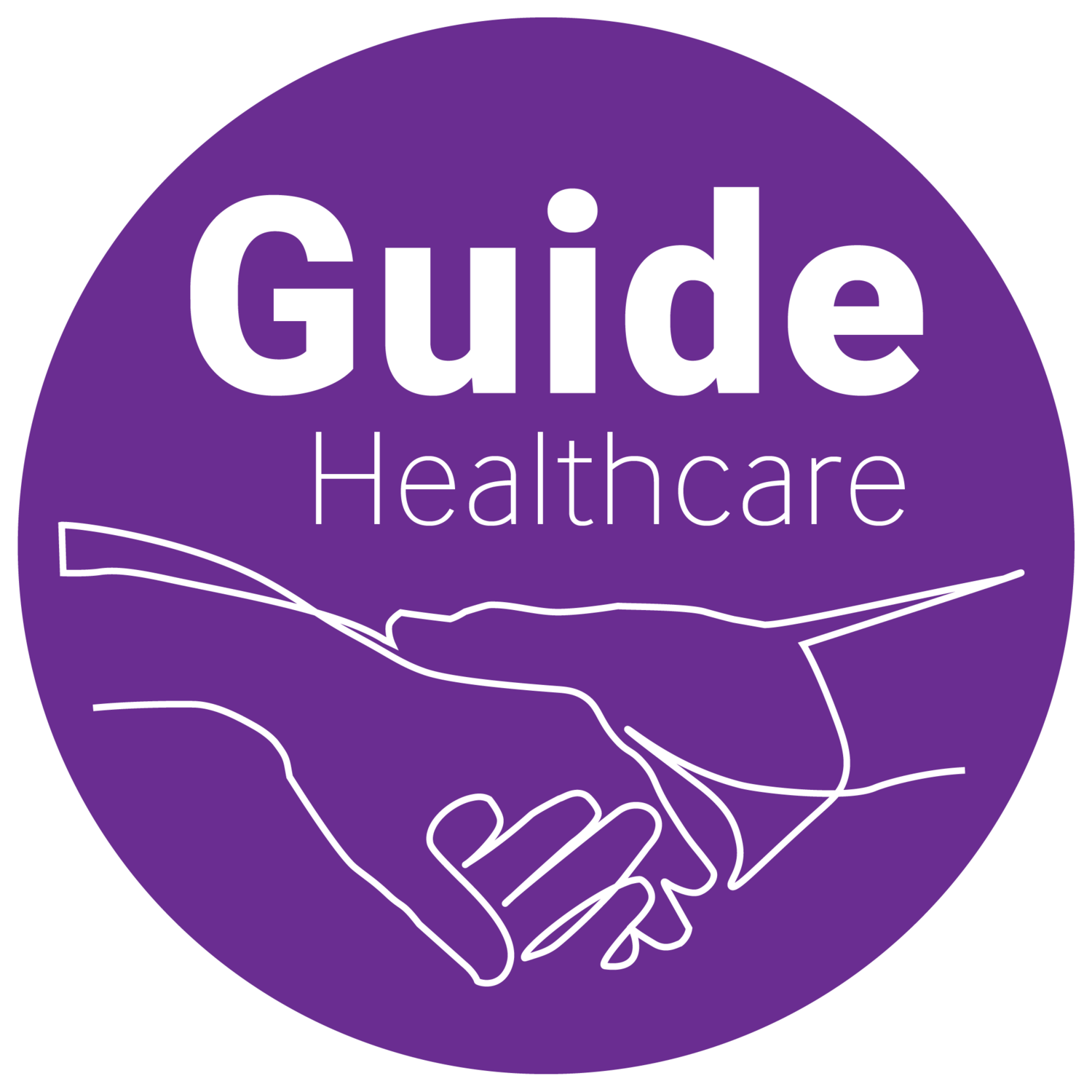
Aged Care Podiatry
Podiatrists are experts in the prevention, diagnosis, treatment and rehabilitation of medical and surgical conditions of the feet and lower limbs. Whilst we spend a large portion of our days walking on our feet, our feet are regularly overlooked as an important part of our overall health and wellbeing. As we age, our feet tend to spread, and we lose the fatty pads that cushion the bottom of our heels and the balls of our feet. Changes related to arthritis, diabetes and circulatory disease are also common. If we are carrying extra weight, our bone and ligament structure may also be affected. Older people regularly normalise pain or discomfort in their feet. However, many conditions can be easily treated with podiatric care.

Guide’s Aged Care Podiatry Service
Podiatry plays an important role in maintaining an older person’s foot and lower limb health, mobility and independence and managing falls risk.
Guide’s podiatry service includes:
A comprehensive initial and ongoing assessment of the general foot health of every resident, including skin integrity and build-up, nail health, foot deformities, pressure areas and risk, and circulation issues
Development of individual care plans for each resident to ensure their foot care needs are appropriately met
General podiatric treatments including the management of nails, skin build-up and calluses, fungal infections and ingrown toenails
Specialists diabetic foot care, including the management of diabetic ulcers
Treatment plans for the management of foot deformities including bunions, claw or hammertoes
Free basic orthotic prescription and moulding for suitable residents
Assessment and treatment of acute and chronic painful musculoskeletal conditions of the foot, ankle and lower limb
Gait assessment and exercise prescription to assist with mobility and falls risk
Footwear reviews and education to assist with reducing a residents pain experience and falls risk
Education and training for care and nursing staff to assist them to better maintain the foot health of residents
Regular visiting schedules are established and communicated via email and through our simple visit notification boards, which are clearly visible within the home
We support your home by ensuring all eligible residents are bulk billed to Medicare through the CDM program, and entitled residents are fully covered by the Department of Veterans Affairs

Ensuring Accurate Documentation
Guide Healthcare podiatrists establish and maintain all relevant assessments and care plans using either your homes computer-based documentation system or our paper-based documentation. All documentation is completed promptly and is reviewed in accordance with the policies and procedures of your home to ensure compliance with the aged care quality standards. Following an on-site visit, you will be provided with a verbal and electronic handover report, so you know who has received treatments, what type of treatment was completed, the ongoing foot and lower limb health of each resident and the follow-up plan. Quarterly reports are completed and provided to your home to ensure you know who is being treated under Medicare.
Guide Healthcare is committed to providing the most effective aged care podiatry service that we can. As such, each of our partner homes is given the opportunity to provide feedback on our services through a bi-annual survey.

Infection Control
Every Guide Healthcare aged care podiatrist takes infection control very seriously. Our infection control procedures are in line with guidelines provided by the Australian Podiatry Association. We aim to reduce the risk of exposure and transmission of infection. To ensure our standards are maintained, regular reviews and planned audits are scheduled and conducted.

FAQ
What are some good tips to keep your feet healthy as you age?
According to the Australian Podiatry Association, the following are great foot health tips:
Properly fitted shoes are essential. The older you get, the more you need shoes that hold your foot firmly in place and provide adequate support. Floppy favourites can make you unstable and should be thrown out as they can lead to falls.
A shoe with a firm sole and soft upper that can be laced, buckled or strapped to the foot is best for daily activities.
Walking is a good exercise option for most people’s feet
If you have reduced circulation, diabetes, or reduced fatty padding under your feet, avoid going barefoot even in your own home
Don’t use over-the-counter corn products unless they were recommended by your podiatrist, as they may do more harm than good
Bathe your feet daily in lukewarm (not hot) water using a mild soap, then use a moisturiser separately
Trim or file your toenails, so they are slightly curved just short of the end of the toe
Inspect your feet every day or have someone do it for you. If you notice any redness, cracks in the skin or sores, consult your podiatrist.

Contact us.
General Enquiries
admin@guidehealthcare.com.au
02 9663 0387





